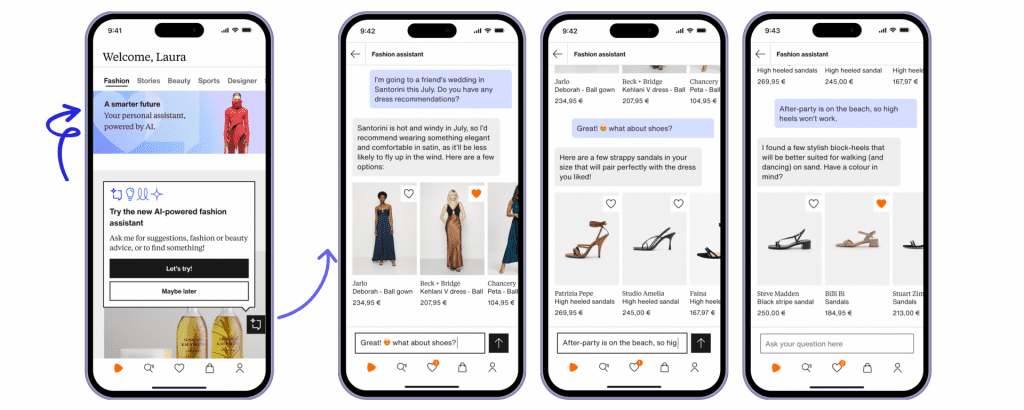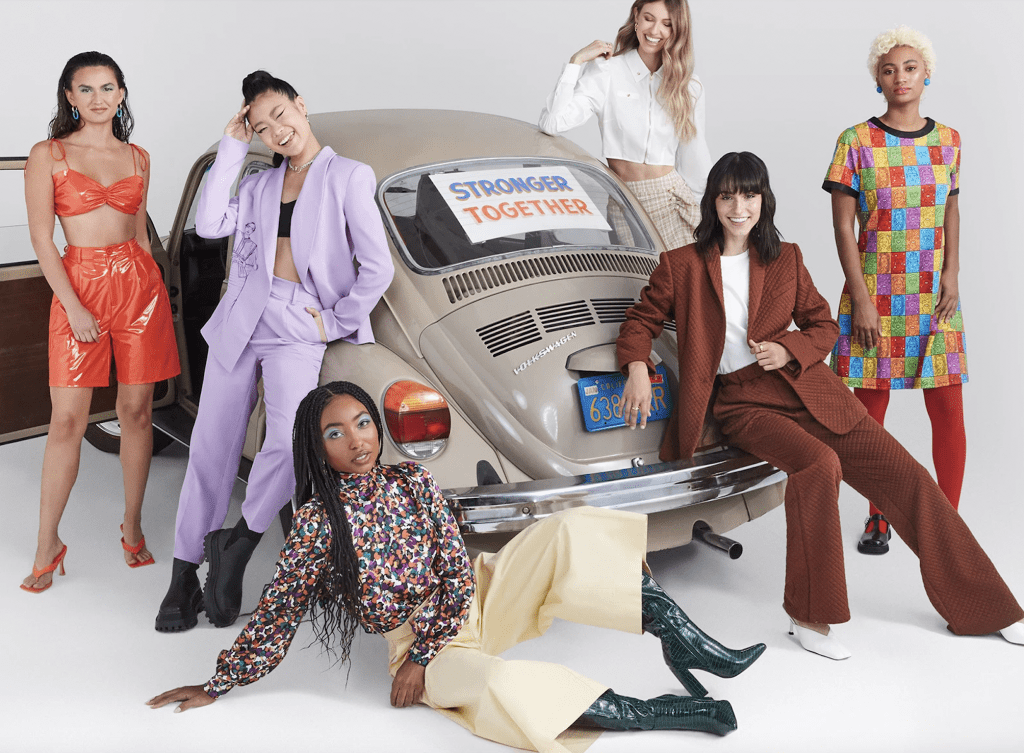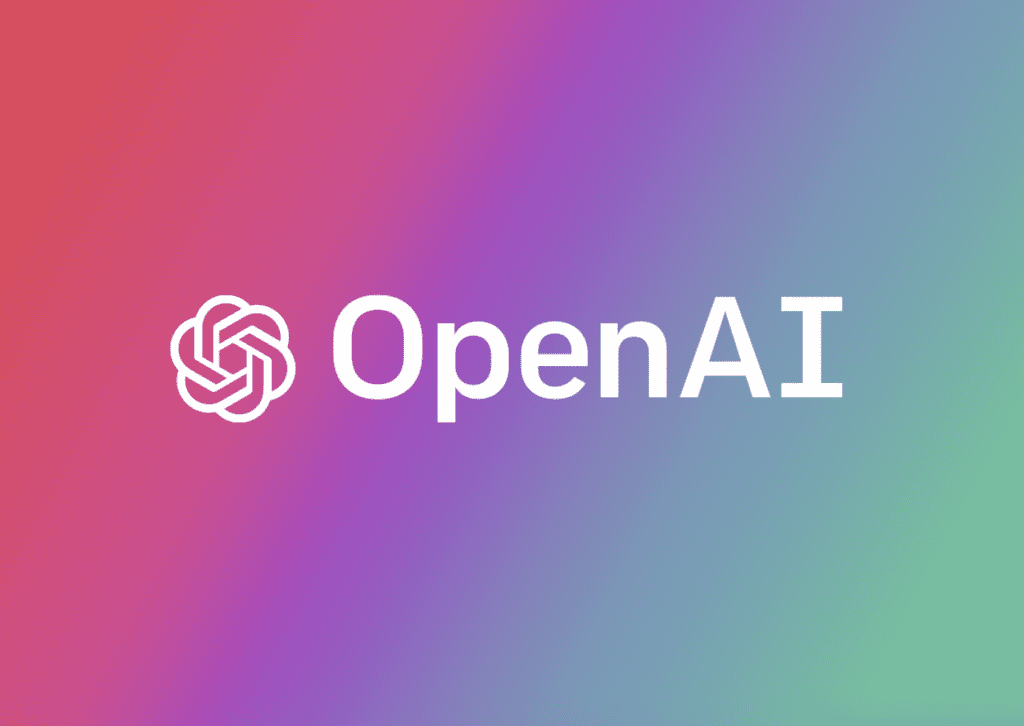Companies across industries have been investing in and making use of machine learning/artificial intelligence (“AI”) to varying extents for years, with some of the most immediate use cases in retail being AI-driven personalized product recommendations, optimized pricing, inventory monitoring, and automatic product cataloguing, the latter of which was teased by Farfetch several years ago. So, while AI is not a new type of technology, the implementation of AI – and in particular, generative AI – seems to have hit a fever pitch in recent months, as tech titans like Google Meta, and Microsoft have made headlines of their AI-centric initiatives/investments, and more businesses in the retail segment (and beyond) have started looking to utilize – or at least, experiment with – AI powered tools that stand to help them to be “more productive, get to market faster, and serve customers better.”
Against this background, we take a running look at what companies are using AI across their businesses (and when), and what major players in the retail space are saying about the rise of machine learning and how they are putting this tech to work for them …
May 10 – Adore Me/Victoria’s Secret
Google revealed at its I/O conference that Adore Me and its owner Victoria’s Secret are among the companies utilizing its artificial intelligence products, with Victoria’s Secret using AI in Google Docs to draft ad copy.
May 4 – Shopify
During its Q1 2023 earnings call on May 4, Shopify President Harley Finkelstein revealed that the e-commerce software provider launched a new AI tool called Shopify Magic, which assists merchants in drafting language for their product descriptions. “Just list a few details about your product or keywords you want to rank for in search engines, and the tool will automatically generate a product description for you,” the company stated in a recent release. The launch followed from Shopify’s roll out of “Shop at AI,” which Finkelstein described as “the coolest shopping concierge on the planet, whereby you as a consumer … can browse through hundreds of millions of products and you can say things like, ‘I want to have a barbecue and here’s the theme’ and it will suggest great products, and you can buy it right in line right through the shopping concierge.”
Reflecting on Shopify’s adoption of AI more broadly, Finkelstein stated, “I think we are very fortunate to be amongst the companies with the best chances of using AI to help our customers, our merchants. And that’s how we think about the usage of AI here. How do we integrate it into the tools that help us build and ship better products to our merchants. You’re already seeing that in certain areas of Shopify.”
Apr 19 – Zalando

In April, Zalando revealed the impending launch a beta version of a fashion assistant powered by ChatGPT across its app and web platforms. The Berlin-based fashion e-commerce platform said that the chatbot will enable it to “unlock the potential of generative AI to enhance the experience of discovering and shopping for fashion online.”
With the new fashion assistant, Zalando says that “customers will be able to navigate through Zalando’s assortment using their own words or fashion terms, making the process more intuitive and natural. For example, if a customer asks, ‘What should I wear for a wedding in Santorini in July?’, Zalando’s fashion assistant is able to understand that this is a formal event, what the weather is in Santorini in July, and therefore, provide a written explanation with recommendations for clothing based on that input. This could be combined in the future with customer preferences, such as brands they follow and products available in their sizes, to deliver a more personalized selection of products.”
Mar 30 – KNXT
KNXT, the innovation arm of Gucci-owner Kering, unveiled the “first AI personal shopper leveraging OpenAI’s ChatGPT” in order to “reinvent the way we shop online.” According to KNXT, the generative AI bot – called /madeline – provides consumers with a way to avoid the “endless scrolling” that comes with e-commerce via a new way “to find the perfect luxury pieces from prestigious houses.”
Mar 27 – Walmart
Hardly a new adopter of AI, Walmart’s senior vice president of tech strategy and commercialization Anshu Bhardwaj, nonetheless, shed light on how the retail behemoth is using AI and machine learning now. She told CNBC that, among other things, Walmart has “trained its algorithms to discern the different brands and their inventory positions, taking into account how much light there is or how deep the shelf is, with more than 95 percent accuracy. When a product gets to a pre-determined level, the stock room is automatically alerted so that the item is always available.”
“This is how we close the loop. We never want to be out of stock on any item,” Bhardwaj said, noting that AI is also powering the Walmart shopping app. “For example, if a customer orders Pampers on the app, it can now recognize when this customer last ordered the product and whether the size is still appropriate.”
Mar 27 – Levi’s
Denim-maker Levi Strauss announced in March that it is planning to test uses of AI-generated models on its e-commerce channels in partnership with Lalaland.ai, a digital fashion studio that creates realistic AI-generated fashion models. Since “most products advertised on the Levi’s app or website can only be viewed on a single clothing model,” according to the Verge, Levi’s has touted the adoption of AI models as a way to introduce more diversity into the marketing of its products. The company stated, “Lalaland.ai’s technology, and AI more broadly, can potentially assist us by allowing us to publish more images of our products on a range of body types more quickly.”
Mar 17 – Secoo
Chinese luxury e-commerce platform SECOO announced in March that it will combine the advantages of OpenAI’s new GPT-4 tech and the Chinese version of ChatGPT Baidu ERNIE Bot to better “understand [its] users’ needs, improve its intelligent marketing capabilities, explore more intelligent luxury goods marketing models,” etc. SECOO said that it is angling to use the AI chatbot combo to “complete product recommendations, selling point explanations, discount promotions, and generate visual images and videos,” ultimately, helping to reduce costs.
Through the two platforms of OpenAI and ERNIE Bot, Secoo Group said that it can “accurately understand user needs, improve its intelligent marketing capabilities, explore more intelligent luxury goods marketing models, and make luxury goods intelligent marketing scenes more accurate.”
Feb 9 – Tapestry
Coach, Kate Spade, and Stuart Weitzman owner Tapestry Inc.’s CEO Joanne Crevoiserat said in a Q2 earnings call in February that the company is “leverag[ing] new data analytics capabilities to optimize our product allocation processes, such as utilizing artificial intelligence to forecast customer demand, and better position inventory and stores.” The result: “An increase of inventory availability and help to ensure our product was in the right place at the right time, as we match supply with demand to help deliver superior customer experiences.”











